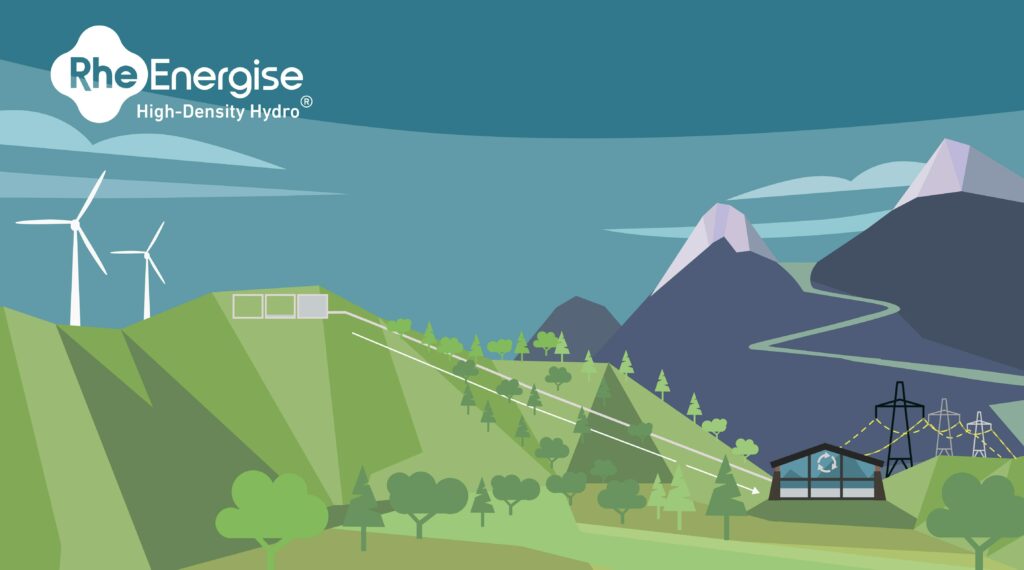RheEnergise, developer of long-duration hydro-energy storage, has appointed ex-Centrica executive Sophie Orme as commercial director.
In her new role at RheEnergise, Orme will drive the company’s commercial development in UK and overseas markets and expand its solutions portfolio.
Formerly of Centrica, Orme led the renewables and energy storage workstream of the firm’s award-winning Cornwall Local Energy Market.
“As renewable energy deployment gathers pace, energy shifting, utilising long duration energy storage, is essential to balance intermittent generation and importantly to keep costs low,” said Stephen Crosher, chief executive of RheEnergise.
“Our high-density hydro solution addresses both short and long term national and local energy requirements. Sophie’s work in energy flexibility with Centrica and realising its benefits to distribution network operators and customers will be hugely valuable as we take forward our business.”
RheEnergise has developed a hydro-energy storage solution that can operate on low hills rather than just mountains, which creates an opportunity an order of magnitude greater than traditional pumped hydro.
Key to the solution is the use of the company’s High-Density Fluid R-19, which is 2.5x denser than water. Because of the high density of the fluid, projects can not only be constructed in areas with less elevation, but they can also be up to 2.5x smaller than traditional pumped hydro projects for the same energy.
“It’s got a high solid content that’s milled to a powder, and then we add chemistry to that too, so that the particles in the water repel each other, which is how even though it’s actually a solid in water, it behaves very much like a liquid does,” RheEnergise CEO Stephen Crosher told Current± in March 2022.
“If everything else was equal, our projects would be 60% smaller volumetrically than a project with water for the same power and energy.”
Norway has recently been exporting more power than usual via its hydro reservoirs and because of this, there is an opportunity for the UK to expand this technology and cater for the growing demand. Norway’s vast quantities of hydro storage had been used to balance out drops in supply from intermittent sources of electricity such as wind and solar farms even in the UK.
Currently, the UK currently has around 3GW of pumped hydro energy storage. If this was increased, the region could become influential in the European energy market and help cater for the growing need to decarbonise.





